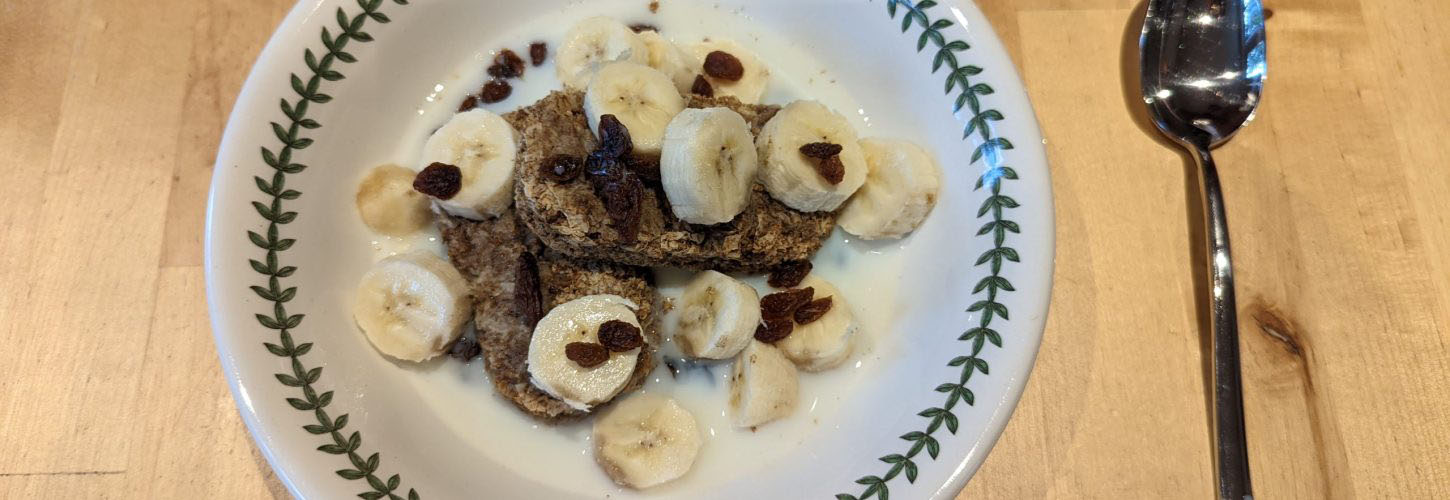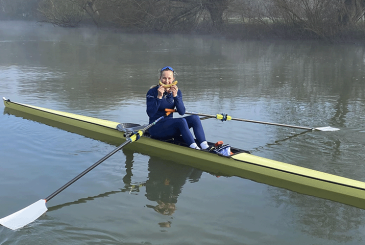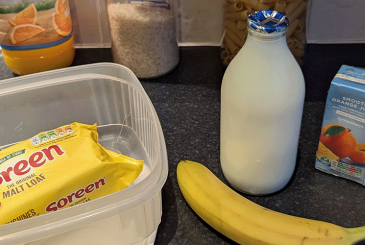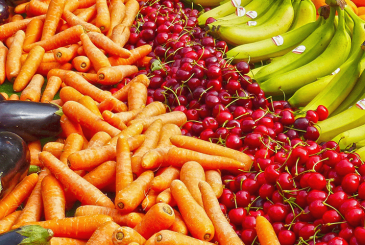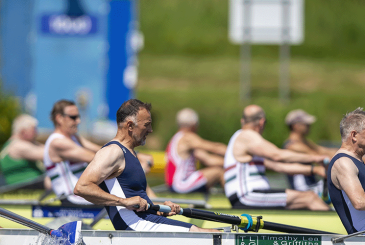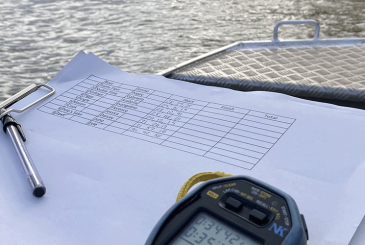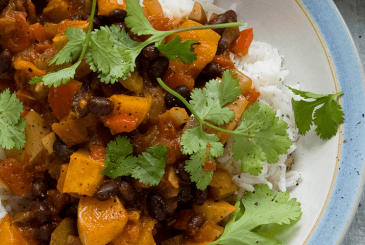Hatty Bates explores some key nutritional considerations for juniors and provides some easy-to-adopt nutritional habits that all juniors should start developing to support their growth, physical development and rowing performance.
Fuel sufficiently
Young rowers tend to lead busy lifestyles, balancing their education, rowing training, after-school clubs and social lives. This, coupled with the fact that most adolescents will experience one or more growth spurts between the ages of eight and 15, means that junior rowers have high energy requirements.
Although the exact amount of energy a young rower needs will vary from individual to individual, here are some guidelines for when and what they should eat that apply to almost all juniors.
Fueling tip #1: Always try to have breakfast.
Research suggests that children who have breakfast tend to have more energy, are better able to concentrate at school and have a higher fibre and vitamin intake compared to those who don’t. A good breakfast should contain a mix of carbohydrates, protein, a source of dairy and some fruit.
‘Wheat biscuits’ with milk, topped with banana and raisins make an ideal breakfast.
Fueling tip #2: No time? Be prepared!
Some children skip breakfast in the rush to get to school. If that sounds familiar, prepare overnight oats or a smoothie the night before to eat whilst on the way to school.
Fueling tip #3: Snack!
Junior rowers are likely to need more (healthy) snacks throughout the day than their less-physically active peers.
On training days, all snacks should be carbohydrate-rich to provide additional energy. This will be particularly important in the lead up to a training session. Then, aim to have a recovery snack containing protein as well as carbohydrate within an hour of finishing training.
Suitable healthy and accessible snacks include bananas, malt loaf, chocolate milk (of a type that can doesn’t need to be kept in a fridge) and beef jerky.
Calcium
Getting enough calcium is particularly important for young rowers because it plays important role in bone health and muscle contractions. The recommended daily amount of calcium intake for those aged 11 to 18 is 800mg for girls and 1,000mg for boys.
The best sources of calcium are dairy products (yoghurt, milk, cheese) but it can also be found in food such as dark green leafy vegetables, fish with bones, and fortified cereals.
| Food | Portion size | Calcium content |
|---|---|---|
| Milk | 200ml | 248mg |
| Greek yoghurt | 200g | 270mg |
| Cheddar cheese | 30g | 222mg |
| Sardines (in tomato sauce) | 100g | 109mg |
| Broccoli (steamed) | 150g | 66mg |
| Baked beans | 200g | 84mg |
Topping breakfast cereal with Greek yoghurt, rehydrating after training with a glass of milk, and including green vegetables such as broccoli and spinach in main meals are simple ways for young rowers to meet their calcium requirements.
Iron
During adolescence, more iron is needed to support growth and training adaptations such as increases in muscle mass and blood volume. The recommended daily amount of iron for those aged 11 to 18 is 14.8mg for girls and 11.3mg for boys. Girls are recommended a higher amount to account for losses during menstruation.
Iron-rich foods include red meat, leafy green vegetables such as spinach, beans, and pulses.
| Food | Portion size | Iron content |
|---|---|---|
| Beef mince | 100g | 2.7mg |
| Anchovies | 100g | 4.1mg |
| Baked beans | 100g | 1.4mg |
| Kidney beans | 100g | 2.0mg |
| Spinach | 100g | 1.6mg |
| Apricots | 60g | 2.5mg |
Easy ways to increase the iron content of your diet include having lean meat or chicken/turkey in sandwiches, adding raisins or dried apricots to breakfast cereals, and having a glass of orange juice alongside iron-rich meals to aid absorption.
Having a glass of orange juice alongside iron-rich meals helps iron absorption.
Enjoy food
Throughout adolescence, it is important to develop a long-term, healthy and positive relationship with food. Set yourself fun challenges such as trying to eat more seasonally, trying a new fruit or vegetable each week, or helping with the cooking. From a performance perspective, experiment with different pre- and post-exercise meals and snacks to discover what makes you feel your best during both training and racing.
Supplements
Supplements are widely advertised, but junior rowers should not take them unless they have been medically prescribed.
Take a food-first approach
Instead, take a food-first approach. For example, drinking a pint of milk, which is rich in protein and calcium, after a training session will not only aid recovery but also provide additional vitamins and minerals needed to support bone health.
If you still feel you need a supplement, and have consulted a registered nutritionist or medical doctor, you should read more about the risks of supplements, how to reduce them, and British Rowing’s Supplements Policy on our Clean Sport webpage. Remember to check the Informed Sport website to ensure that the product has been batch tested and to minimise the risk of breaching any anti-doping rules.
Summary
Junior rowers have high energy requirements and therefore should aim to have a minimum of three balanced and nutrient-rich meals a day as well as high-quality, healthy snacks.
At this age, calcium and iron play an important role in bone health and development, and also affect how well a rower can train. Including dairy-based foods, red meat and leafy green vegetables in a balanced, varied diet will help junior rowers meet their daily requirements of these minerals.


